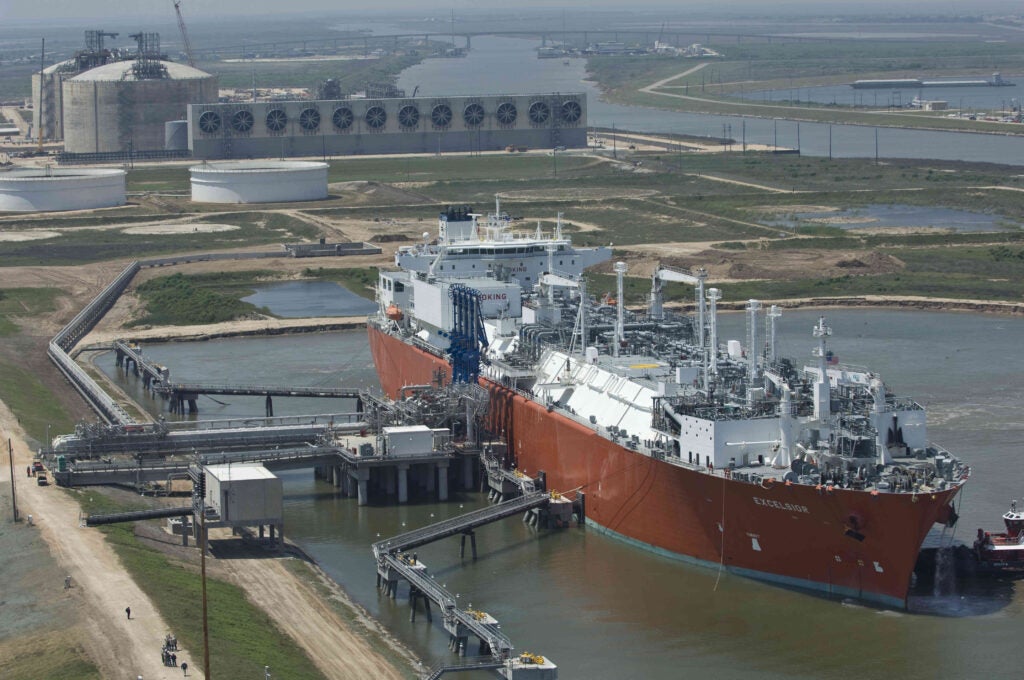Oil prices increased as the trade dispute between North American neighbours the US and Mexico settled.
Front-month Brent crude futures improved 13 cents to $63.42 a barrel, while US West Texas Intermediate (WTI) crude futures jumped 20 cents to $54.19 per barrel, Reuters reported.
The market received impetus when the US suspended previously announced tariffs on Mexican imports after the two countries reached an agreement to stop illegal immigration from Central America. However, the trade impasse between the US and China continues to drag the market.
BNP Paribas global oil strategist Harry Tchilinguirian told Reuters: “If Sino-US relations do not improve, the spot price of oil, in our view, will remain depressed.”
The two countries accounted for nearly three-fourth of annual global oil demand growth last year, he added.
According to customs data, China’s crude oil imports dropped from record high of 43.73 million tonnes in April to around 40.23 million tonnes last month. The drop is primarily due to US sanctions on Iran and refinery maintenance.
How well do you really know your competitors?
Access the most comprehensive Company Profiles on the market, powered by GlobalData. Save hours of research. Gain competitive edge.

Thank you!
Your download email will arrive shortly
Not ready to buy yet? Download a free sample
We are confident about the unique quality of our Company Profiles. However, we want you to make the most beneficial decision for your business, so we offer a free sample that you can download by submitting the below form
By GlobalDataAccording to Reuters, Barclays bank said that its economists have reduced the GDP growth outlook for the US, China, India and Brazil, which make up most of the oil demand growth assumptions for 2019. On the other hand, the oil prices continued to receive support from the indications that the Organization of the Petroleum Exporting Countries (OPEC) and other allied nations will extend supply-cut deal.
Since the beginning of 2019 OPEC and some other allied nations, collectively called OPEC+, have reduced crude supplies to prop up prices.





